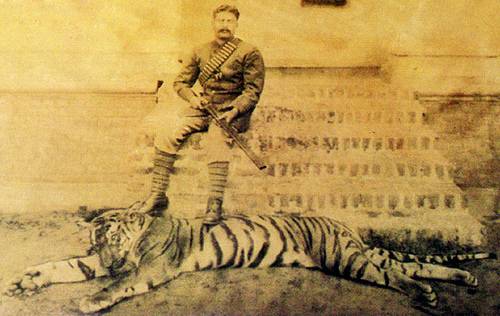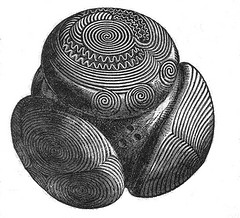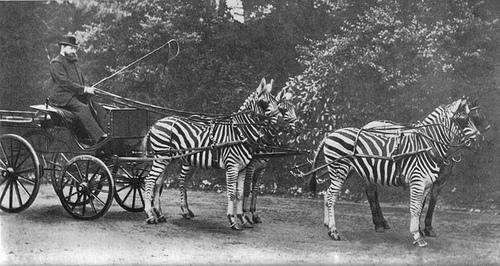The following circumstance is related in a letter to a friend from Chateau de Venours:–
‘Two persons were on a short journey, and passing through a hollow way, a dog which was with them started a badger, which he attacked, and pursued, till he look shelter in a burrow under a tree. With some pains they hunted him out, and killed him. … Not having a rope, they twisted some twigs, and drew him along the road by turns. They had not proceeded far, when they heard a cry of an animal in seeming distress, and stopping to see from whence it proceeded, another badger approached them slowly. They at first threw stones at it, notwithstanding which it drew near, came up to the dead animal, began to lick it, and continued its mournful cry. The men, surprised at this, desisted from offering any further injury to it, and again drew the dead one along as before; when the living badger, determining not to quit its dead companion, lay down on it, taking it gently by one ear, and in that manner was drawn into the midst of the village; nor could dogs, boys, or men induce it to quit its situation by any means, and to their shame be it said, they had the inhumanity to kill it, and afterwards to burn it, declaring it could be no other than a witch.’
— Pierce Egan, Sporting Anecdotes, Original and Selected, 1822
See also “Monkeys Demanding Their Dead.”





